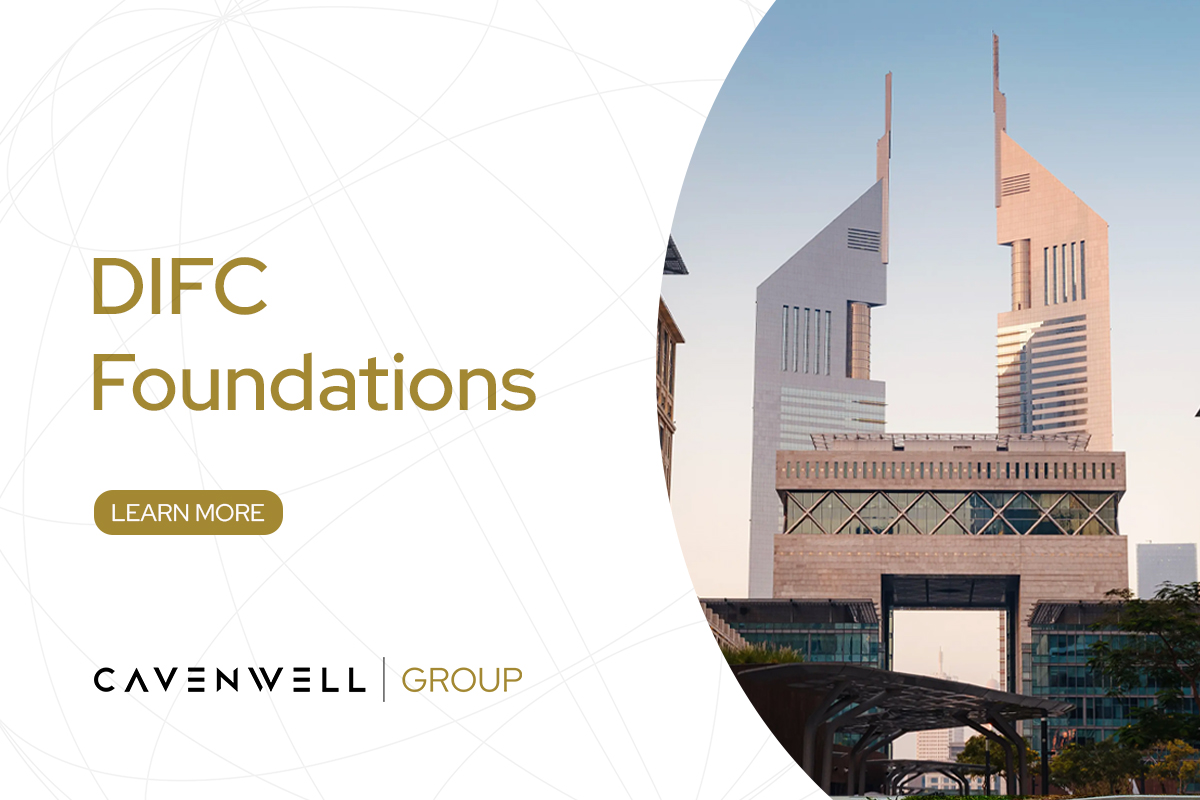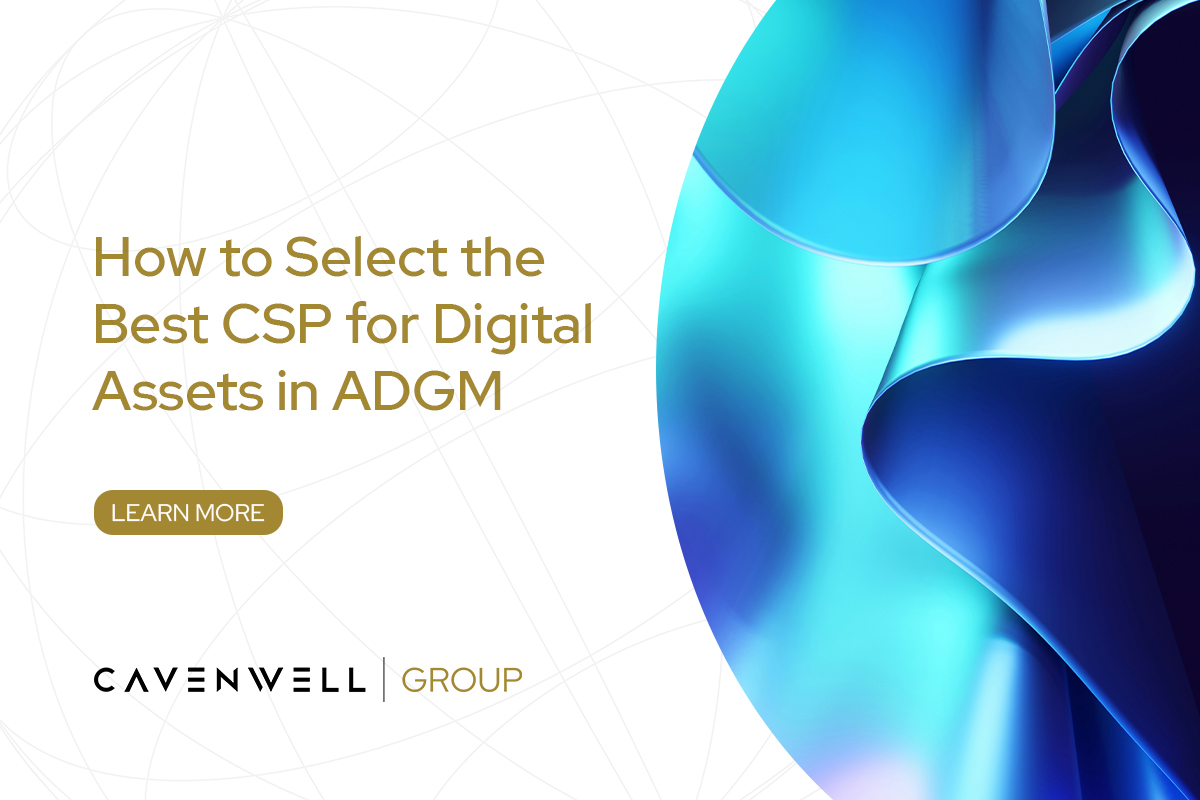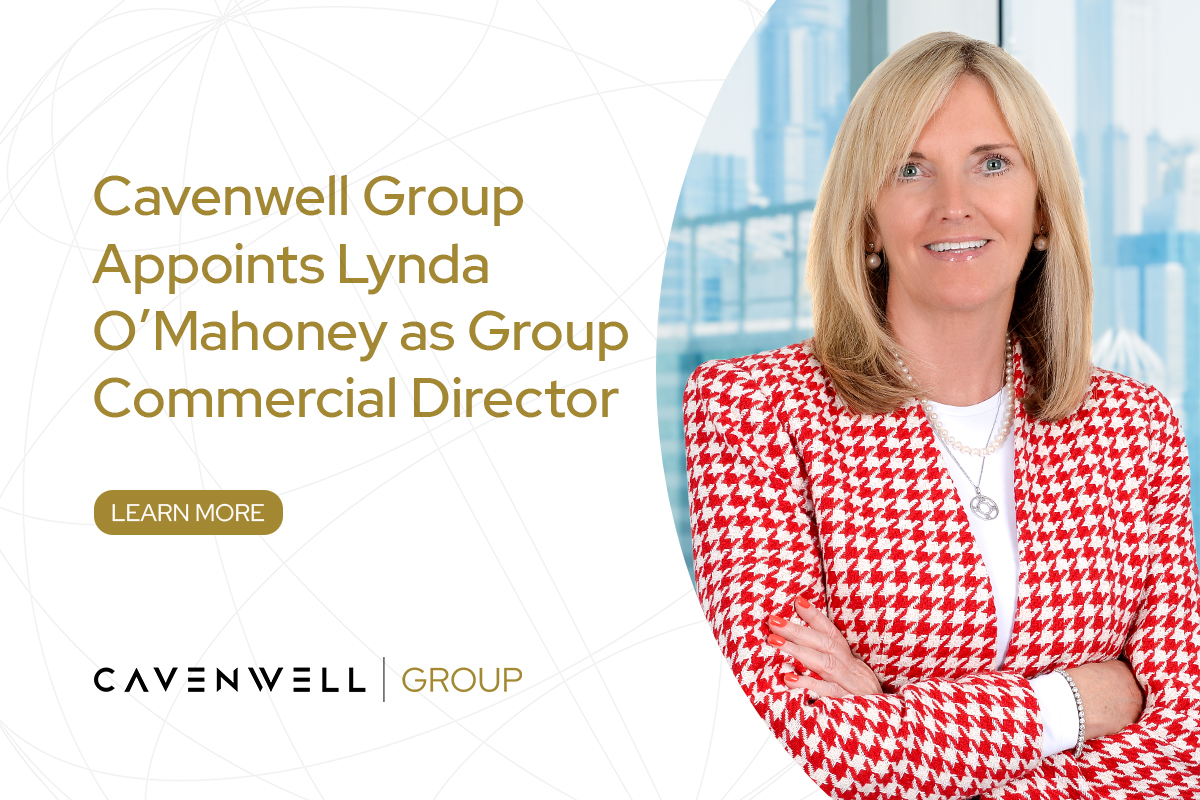In today’s increasingly complex and volatile global economy, managing and protecting wealth efficiently has become paramount for High-Net-Worth (HNW) and Ultra-High-Net-Worth (UHNW) individuals. With ongoing geopolitical instability there is a heightened need for asset protection and secure financial planning. For those with significant assets in the Middle East, whether real estate, operating companies or investment portfolios, setting up a DIFC Foundation provides an effective legal and financial solution. DIFC Foundations offer a robust structure for asset protection, governance, and succession planning, ensuring that wealth is transferred securely across generations. This guide provides a detailed overview of the benefits, process, and considerations involved in setting up a DIFC Foundation.
Introduction to DIFC
The Dubai International Financial Centre (DIFC) is a leading free zone in the Middle East and has become a global hub for finance, legal services, and wealth management. Established in 2004, DIFC offers a sophisticated common law legal framework, based on English law, which provides legal certainty, especially appealing for international clients. Over the years, DIFC has grown into one of the world’s leading financial centres, attracting a wide array of financial institutions, investment firms, and multinational corporations.
DIFC has positioned itself as a structuring hub, particularly for HNW and UHNW clients, offering a wide range of wealth management tools, including the DIFC Foundation and DIFC Prescribed Companies. The low-tax environment and strong legal protections make DIFC an ideal jurisdiction for individuals and families looking to secure their assets.
Key Features of DIFC
- Common law framework: DIFC operates under a legal system based on English common law, offering predictability and confidence that appeals to international investors.
- Zero tax environment: Both businesses and individuals can benefit from a zero-tax regime on income and profits, subject to meeting certain requirements under the corporate tax law, making it an attractive destination for wealth management.
- World-class infrastructure: DIFC provides a highly developed business environment with access to international banking services, wealth management, legal firms, and high-end office spaces.
What is a DIFC Foundation?
A foundation is a separate legal entity that holds and manages assets for a particular purpose, whether for family wealth, charitable causes, or other objectives. Unlike a trust, which involves a trustee holding assets on behalf of beneficiaries, a foundation owns the assets outright. DIFC Foundations are regulated by DIFC Foundations Law No. 3 of 2018, and they offer a high degree of flexibility, asset protection, and confidentiality.
DIFC Foundations are especially popular among HNW and UHNW individuals due to their ability to manage wealth both during life and for succession planning after death. They allow individuals to control and govern their assets in line with their specific wishes and objectives, even across multiple generations.
Global Context of Foundations
Foundations are not unique to Dubai. Similar structures exist in other jurisdictions, offering international clients a range of options depending on their specific needs.
- Liechtenstein Foundations: These are popular for family succession and wealth preservation in Europe.
- Panama Foundations: Commonly used in Latin America for offshore asset holding and estate planning.
The DIFC Foundation, however, offers unique benefits when it comes to structuring assets for individuals with ties to Dubai, UAE, or assets located within the GCC member states.
Roles in a DIFC Foundation
Establishing a DIFC Foundation involves setting up a clear governance structure, ensuring that the foundation is run in line with the founder’s objectives. The key roles within a foundation include:
- Founder: The founder is the individual or entity responsible for creating the foundation. The founder defines the foundation’s purpose, objectives, and the assets to be managed. They can retain a level of influence over how the foundation is run, including by appointment to the board of council members, ensuring that their wishes are reflected in its ongoing management.
- Council Members: The council is tasked with managing the foundation’s assets. Council members are appointed by the founder and can include trusted family members, advisors, or even the founder themselves. Council members are responsible for making key decisions about the foundation’s assets and ensuring that it operates in accordance with its legal and financial framework.
- Qualified Recipients (Beneficiaries): Beneficiaries are the individuals or entities designated to benefit from the foundation’s assets. The founder has the discretion to determine when and how beneficiaries will receive their benefits. This flexibility allows the founder to set specific conditions, such as age or achievements, that must be met before a beneficiary can access the assets.
- Guardian (optional): The Guardian ensures that the Foundation Council acts in accordance with the foundation’s charter and the founder’s wishes. The Guardian oversees key decisions and can approve or veto certain actions, adding an additional layer of oversight and governance, particularly in complex family or corporate structures. This role is often appointed to a trusted advisor or a family member to ensure the founder’s vision is preserved over time. A Guardian committee may be established where more than one Guardian is required.
Sophisticated Governance Arrangements
One of the key advantages of a DIFC Foundation is its flexible governance structure. A foundation can incorporate an advisory committee that works alongside the council, providing strategic advice and oversight. This ensures that the management of the foundation’s assets aligns with the long-term objectives set out by the founder or the wider family.
For larger or more complex family structures, the establishment of an advisory committee can ensure that diverse perspectives are considered and that family members can be involved in the decision making process, enhancing the foundation’s governance and ensuring a balanced approach to the management of assets and succession planning.
What Assets Can Be Transferred to a DIFC Foundation?
One of the major advantages of establishing a DIFC Foundation is the wide range of assets that can be transferred into it. This flexibility makes it an ideal structure for individuals and families with diverse holdings. Common assets transferred into a DIFC Foundation include:
- Dubai Real Estate: High-value real estate in Dubai, such as properties in Business Bay, Palm Jumeirah, Downtown Dubai, and Emirates Hills, can be transferred into the foundation.
- Freezone Companies: Ownership of companies registered in free zones across the UAE can also be held by a DIFC Foundation.
- Investment Portfolios: Stocks, bonds, and other financial instruments can be managed efficiently within a foundation structure.
- Private Equity: Direct holdings in private companies can be secured and managed through a DIFC Foundation.
- Art Collections: Foundations are often used to manage valuable art collections, ensuring long-term preservation and investment potential.
- Luxury Vehicles: High-end cars, yachts, and other luxury vehicles can be included in the foundation’s assets.
Importantly, a DIFC Foundation can also hold global assets, offering international families a centralized, tax-efficient, and secure structure for managing their wealth.
Dubai Real Estate Holdings in a DIFC Foundation
For clients with substantial real estate holdings in Dubai, a DIFC Foundation offers a highly effective mechanism for securing and transferring these assets. Popular areas where real estate is commonly transferred into a foundation include:
- Business Bay
- Dubai Marina
- Palm Jumeirah
- Emirates Hills
- Downtown Dubai
- Dubai South
- Dubai Investment Park
- Arabian Ranches
Additionally, a transfer fee reduction can be sought when transferring properties into a DIFC Foundation. If the beneficial owner remains the same after the legal transfer, the Dubai Land Department (DLD) can reduce the transfer fee from the standard 4% to as low as 0.125%. This provides significant cost savings for high-value properties, making the DIFC Foundation an attractive option for real estate management and succession planning.
Due to the fiscal transparency election available to foundations under the corporate tax law, holding property through a foundation is likely to be significantly more efficient than holding through a company, even for personal use property which may result in mandatory commercial arrangements.
What Are the Benefits of a DIFC Foundation?
For HNW and UHNW individuals, the benefits of establishing a DIFC Foundation are significant, particularly when it comes to asset protection, governance, and succession planning.
- Asset Protection: Assets held in a DIFC Foundation are safeguarded from external claims, including those arising from creditors, divorce settlements, and disputes. The foundation’s legal structure offers a high level of protection against such claims, ensuring that assets are preserved for future generations.
- Tax Efficiency: Depending on the founder’s tax residence and domicile, transferring assets into a DIFC Foundation can result in significant tax savings. For example, inheritance, capital gains or income tax liabilities may be deferred or reduced, and the foundation can help optimize the overall tax structure.
- Succession Planning: A key advantage of the DIFC Foundation is its ability to manage and distribute assets both during the founder’s lifetime and after their death. This allows the founder to maintain control over how assets are managed and passed down, ensuring that family wealth is preserved for future generations.
- Confidentiality: The foundation structure provides a high level of confidentiality, particularly with regard to the identity of the beneficiaries and the details of the assets held. Unlike wills, which require a probate process, foundations can maintain privacy, making them ideal for clients concerned with discretion.
- Multi-Jurisdictional Flexibility: For international clients, the DIFC Foundation offers the ability to hold assets in multiple jurisdictions. This means that cross-border assets can be consolidated into a single foundation, reducing the complexities of dealing with multiple legal and probate processes in different countries.
DIFC Foundation vs DIFC Wills
For clients weighing the choice between a DIFC Foundation and a DIFC Will, it’s important to understand the key differences.
- Control During Lifetime: A DIFC Foundation allows the founder to control the distribution and management of assets during their lifetime and after their death. In contrast, a DIFC Will only comes into effect after the death of the testator, offering no lifetime control over assets.
- Avoiding Probate: One of the most significant advantages of a DIFC Foundation is its ability to bypass the probate process. Foundations are able to transfer assets directly to beneficiaries without the delays, legal challenges, and costs associated with probate. In contrast, a DIFC Will must go through probate, which can take months or even years in complex cases subject to challenge.
- Asset Protection: DIFC Foundations offer stronger protection against creditor claims and divorce settlements than wills, which are more vulnerable to legal disputes. A foundation allows the founder to specify exactly who will benefit from the assets, ensuring a greater degree of control and protection.
- Confidentiality: DIFC Foundations offer a significant layer of privacy by holding assets in the name of the foundation, rather than in the personal names of the founder or beneficiaries. This ensures that both during the founder’s lifetime and after their death, the ownership and management of assets remain private.
- Testamentary Freedom: While DIFC Wills are only available to non-Muslim clients, a DIFC Foundation provides testamentary flexibility to both Muslim and non-Muslim individuals. Muslim clients can utilise the foundation for lifetime gifts, known as hiba under Sharia law, allowing assets to be transferred during the founder’s lifetime. Additionally, the foundation offers flexibility in how assets are managed and distributed, with the ability to tailor the governance structure to meet the founder’s specific objectives. This flexibility ensures that assets can be distributed according to personal wishes, even across multiple generations, while still respecting Sharia principles if required.
Case Studies: Applications of DIFC Foundations
Case Study 1: European Expat Managing Dubai Properties
A European expatriate living in Dubai with multiple properties in Palm Jumeirah and Downtown Dubai sought a more efficient way to manage and transfer his assets to his children. By setting up a DIFC Foundation, he would be able to bypass the probate process, providing certainty that his assets would transfer smoothly and cost-effectively to his heirs without unnecessary delays or fees.
Case Study 2: Shariah-Compliant Foundation for a GCC Family
A Muslim businessman based in the GCC used a DIFC Foundation to structure his assets in accordance with Shariah principles. The foundation allowed him to allocate specific percentages of his wealth to family members, while still complying with Islamic law. This ensured that his assets would be distributed according to his wishes, providing flexibility within the confines of Shariah compliance.
Case Study 3: Lifetime Transfers for a Muslim Founder
A Muslim client based in a GCC country, with only one daughter, establishes a DIFC Foundation and makes a number of lifetime gifts to the foundation. The client is afforded the flexibility to determine who and how relevant parties should benefit from the assets and income of the foundation. The foundation allowed him to control the distribution of his wealth, ensuring that his daughter would be well provided for after his death.
Trusts vs Foundations: Key Differences
While both trusts and foundations offer wealth management and asset protection, there are important distinctions between the two structures.
- Legal Personality: A DIFC Foundation is a legal entity with its own corporate status, while a trust is a legal arrangement between a trustee and beneficiaries.
- Control: In a trust, control over the assets is vested in the trustee, limiting the settlor’s direct influence. In contrast, the founder of a DIFC Foundation can retain a higher degree of control by serving as a council member, which is often more aligned to the perspectives of entrepreneurial founders and families who are uncomfortable relinquishing control and decision making required for a trust.
- Recognition: Trusts often face difficulties in civil law jurisdictions, as they are not recognized in the same way as foundations, which are recognized in both common law and civil law systems. This can cause problems registering certain assets in the trust.
- Governance: A DIFC Foundation offers a flexible governance structure, with the ability to establish advisory committees and long-term management plans. Trusts typically have more rigid governance structures.
Conclusion
Setting up a DIFC Foundation provides a comprehensive solution for HNW and UHNW clients seeking to protect, manage, and pass on their wealth across generations. From its robust legal framework and asset protection features to its tax advantages and flexibility in governance, the DIFC Foundation stands out as an essential tool for sophisticated wealth management. Whether managing real estate, investment portfolios, or global assets, the DIFC Foundation offers unparalleled benefits in terms of privacy, efficiency, and control.
FAQs
Can non-residents establish a DIFC Foundation?
Yes, non-residents can establish a DIFC Foundation, making it an attractive option for international clients with assets in Dubai or globally.
What types of assets can be transferred to a DIFC Foundation?
A wide variety of assets can be transferred to a DIFC Foundation, including real estate, investment portfolios, private equity holdings, luxury vehicles, and art collections.
Can a DIFC Foundation hold assets outside of the UAE?
Yes, a DIFC Foundation can hold assets globally, making it an ideal structure for international clients with cross-border wealth.
What are the costs involved in setting up a DIFC Foundation?
The costs of setting up a DIFC Foundation vary depending on the complexity of the assets being transferred and the services required, but generally include legal fees, registration fees, and potential ongoing maintenance costs.
The content of this article is intended to provide a general guide to the subject matter. Specialist advice should be sought about your specific circumstances.


